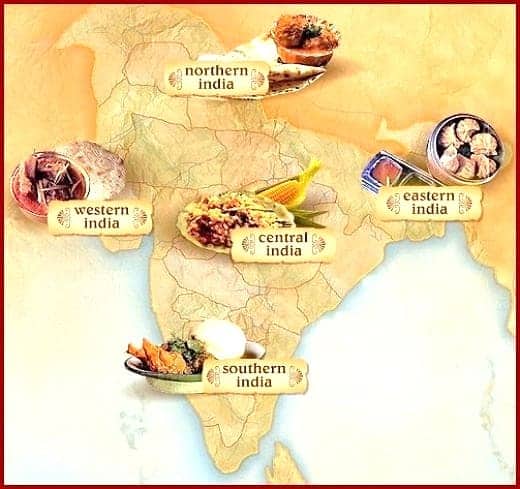 The future of thousands of students are at risk because of a capricious decision of doing away with the special chance given to students who could not finish their course within the specific period due to inescapable circumstances. Special chances are given to ex-students of the university to finish their degree.
The future of thousands of students are at risk because of a capricious decision of doing away with the special chance given to students who could not finish their course within the specific period due to inescapable circumstances. Special chances are given to ex-students of the university to finish their degree.
The university administration via a notification notified that the extension of the course period or special chance to students who could not complete their course on time would no longer be available.
The administration took the decision without any discussions within the Academic Council and student community and that too after the students were assured by the college authorities and the university examination branch that they may apply for special chance for the year 2012
DUSU in a statement alleged that even the Vice Chancellor refused to meet Hooda in this regard and is unwilling to take into consideration of the plights of thousand students to be affected by this decision. This will adversely affect careers and lives of thousands of students as they failed to complete their courses due to unforeseen circumstances such as life threatening illness, family difficulties, socio-economic conditions of being the only bread earner and occupational hazards.
DUSU threatens mass protest if the decision of doing away with the ‘span period extension’ and ‘special chance’ is not taken back.
Demanding the withdrawal of the notification, DUSU officials said that what’s even worse is that the notification stated that applications already submitted would not be further processed. This shows a level of callousness and complete disregard for the welfare of the students and any principles of natural justice. Any new rule imposed should take effect after a prior notification. Any rule must take a prospective effect and it should apply to the future” said DUSU president, Arun Hooda.
“The administration has replied to our pleas with callous indifference. When we approached DU officials we were physically manhandled and were asked to get out of the office,” said a student.
The question is after more than 60 years of granting special chance why has it been cancelled now? Why has this facility been cancelled unexpectedly without any prior notification? Under which authority and university provision has this rule been passed to delete the special chance, henceforth? Why were the old students not intimated prior to the annual examinations 2012 by the college authorities, who instead supplied them with the special chance forms?“asked DUSU.
Sakshi Gupta
[email protected]












 The English Department of Lady Shri Ram College for Women organised a talk by the much-acclaimed author, William Dalrymple, on 27th September. The excitement was palpable in the room overflowing with students as they eagerly awaited the arrival of the author for a talk on Travel writing. Others stood at a Penguin Publishers stall outside, buying his books in the hope of getting a signed copy from him.
The English Department of Lady Shri Ram College for Women organised a talk by the much-acclaimed author, William Dalrymple, on 27th September. The excitement was palpable in the room overflowing with students as they eagerly awaited the arrival of the author for a talk on Travel writing. Others stood at a Penguin Publishers stall outside, buying his books in the hope of getting a signed copy from him.